Ignoring Iran’s anti-terror campaign, Riyadh blames Tehran for regional crises yet says open to dialogue
Saudi Foreign Minister Faisal bin Farhan Al Saud has affirmed his country’s openness to dialogue with the Islamic Republic of Iran, but then shifted the blame for regional crises onto the Islamic Republic by saying Tehran should prove “its commitment to ensuring the security and stability of the region.”
After the beginning of the Syrian crisis in 2011, Saudi Arabia and its regional and Western allies began to support the militants who launched an armed conflict against the government of Bashar al-Assad. The emergence of Daesh and other terrorist groups in the region is viewed as a result of such support.
In the meantime, Iran supported the resistance groups that played a key role in the defeat of Daesh and the broader fight against terrorism.
Riyadh has also led a war against Yemen, beginning in March 2015, to reinstall Yemen’s former president Abd Rabbuh Mansur Hadi. The war on Yemen has killed more than 230,000 Yemenis in what the United Nations has described as the world’s worst humanitarian crisis.
In an interview with the Italian newspaper La Repubblica, the Saudi foreign minister also claimed that his country’s first concern now is what he alleged was “Iran’s support for militias and non-state actors in the region, particularly the Houthis (Ansarullah movement) in Yemen and [anti-terror group Kata'ib] Hezbollah in Iraq.”
Faisal bin Farhan stressed that Riyadh would like to see a “tangible change” in Iran’s approach in this regard.
Two years ago, Iran’s President Hassan Rouhani presented the country’s Hormuz Peace Endeavor (HOPE) in an address to the UN General Assembly with the aim of promoting peace, stability, progress and welfare for all regional countries.
Ever since, Tehran has repeatedly brought up the initiative as an option “still on the table,” especially with regard to Saudi Arabia. Iran also welcomed the prospects of talks with the Saudis to mend the Tehran-Riyadh ties on several occasions, all of which were dismissed by Riyadh until after the defeat of former US President Donald Trump in the 2020 presidential election.
Elsewhere during the interview, the Saudi foreign minister said that the position taken by Saudi Arabia and Iran towards talks was positive, expressing his hope that dialogue would turn the page.
“We are committed to negotiations with Iran on bilateral, regional and international issues, and we hope to reach a tangible result to establish relations and resolve at least some issues,” he added.
Iran has welcomed the change in Saudi Arabia’s tone toward the Islamic Republic, and supported efforts aimed at removing misunderstandings between the two nations.
Riyadh cut its diplomatic ties with Tehran in early 2016 after the kingdom's execution of senior Saudi Shia cleric Sheikh Nimr al-Nimr prompted angry protests in front of Saudi diplomatic missions in Iran.
Back in April, Saudi Crown Prince Mohammed bin Salman, the de facto ruler of Saudi Arabia, said for the first time that he was seeking to have “good relations” with Iran.
“Iran is a neighboring state, we are seeking to have good relations with Iran, we have interests in Iran,” bin Salman said in an interview broadcast on Saudi state TV on April 27.
In response, Tehran said de-escalating the tensions is “definitely in the interest of the two nations and the region.”
Last month, Iran’s Foreign Minister Mohammad Javad Zarif said he was ready to “send an ambassador to Saudi Arabia tomorrow, but it depends on them.”
Iran in no way seeking nuclear weapons: Pezeshkian
Oman: Iran-US indirect talks in Geneva achieve tangible progress
VIDEO | Press TV's news headlines
VIDEO | Israeli forces loot Palestinian homes across West Bank
Russia-Ukraine peace talks begin amid escalating frontline offensives
Russia’s top energy man holds high-stakes meetings in Tehran
Iran’s right to nuclear enrichment non-negotiable, Araghchi tells disarmament conference
US secretly deports migrants to Cameroon despite court protections


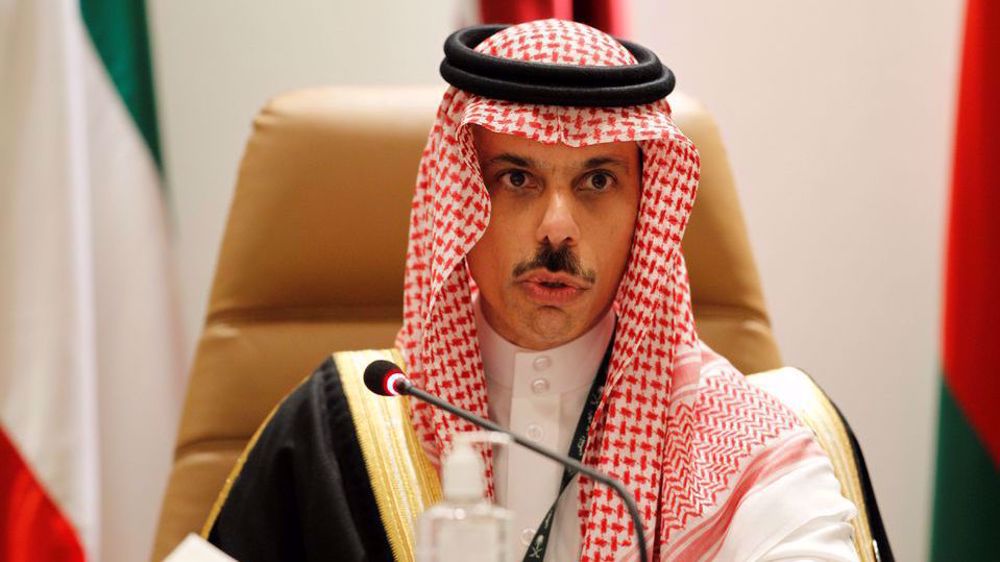
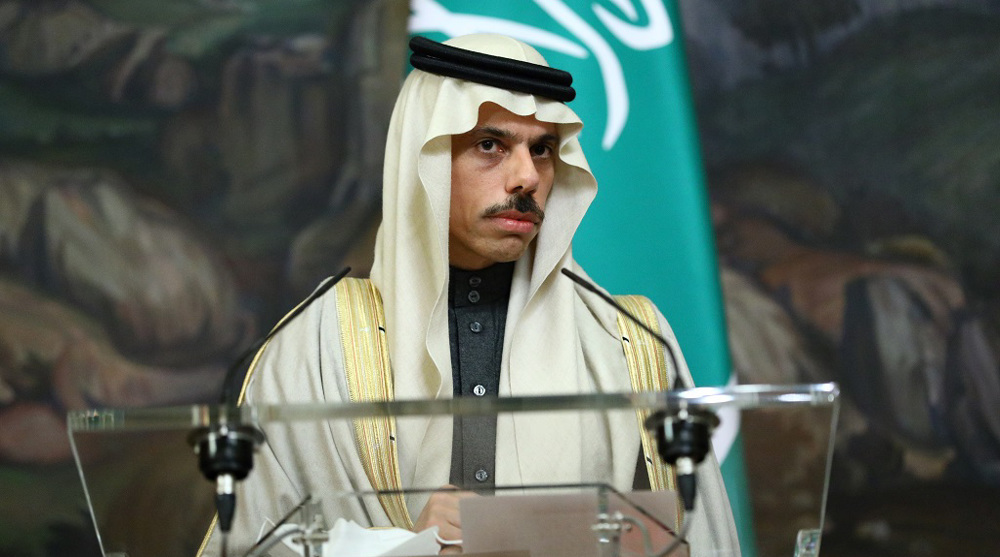
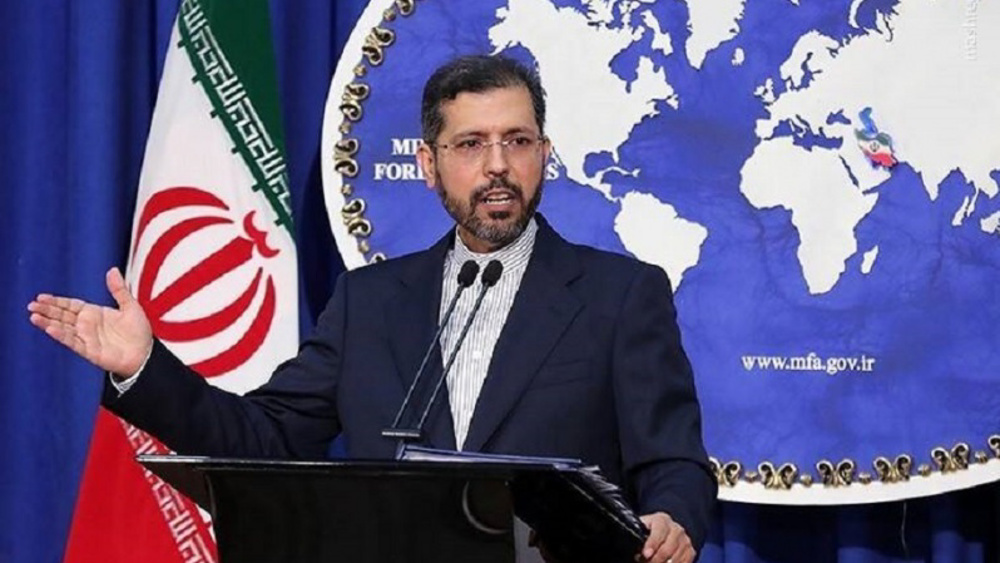
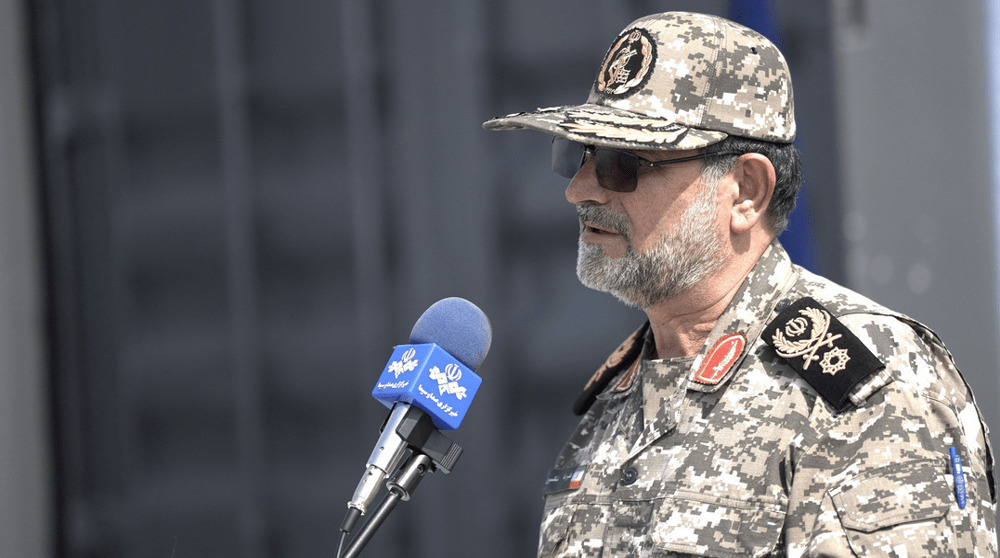
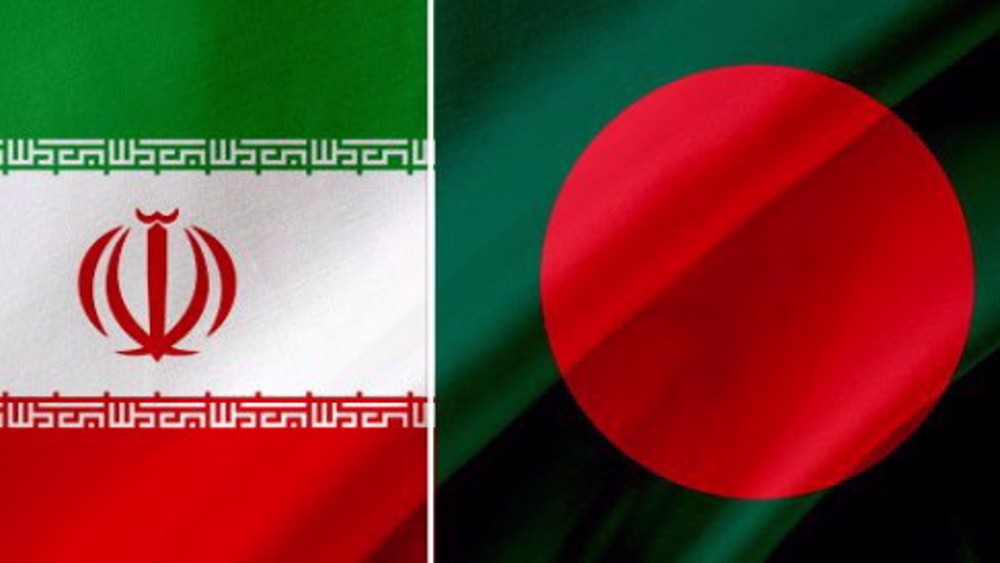
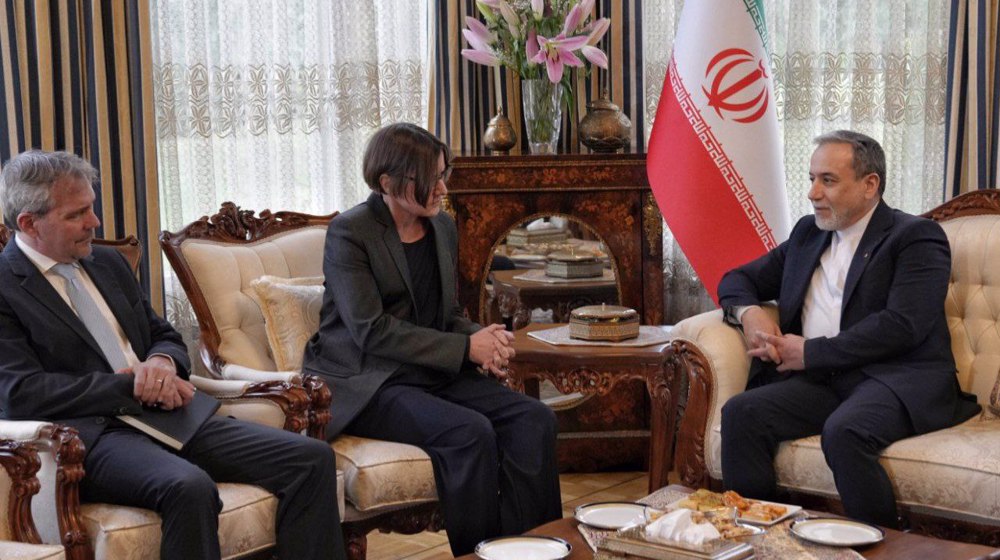



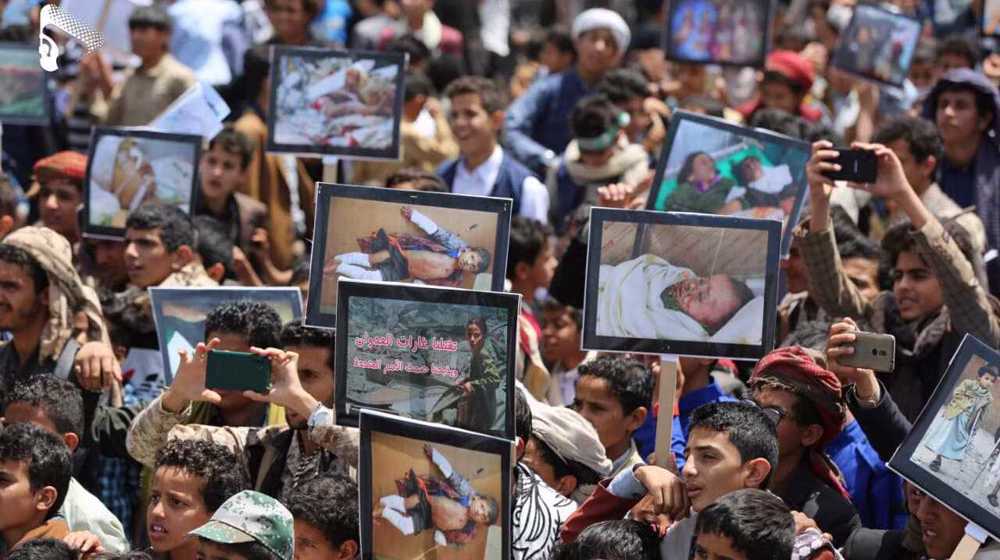
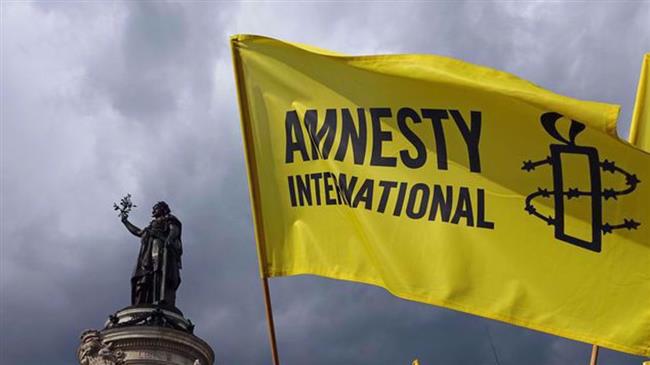
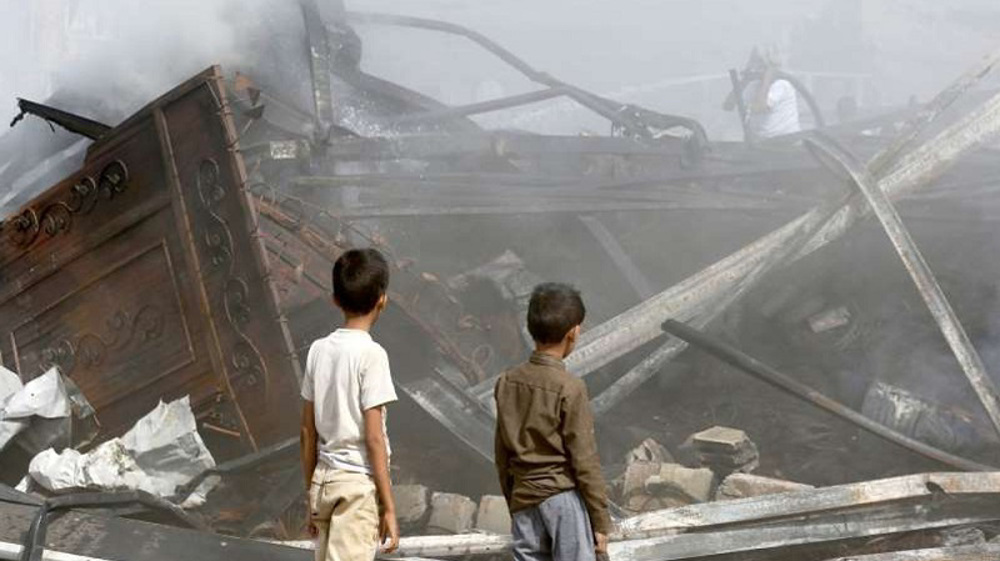
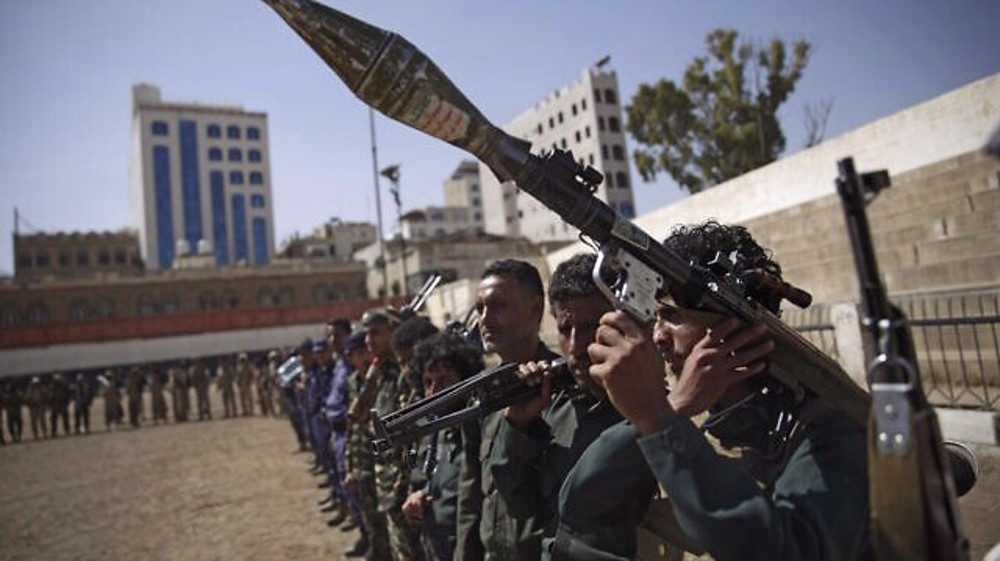
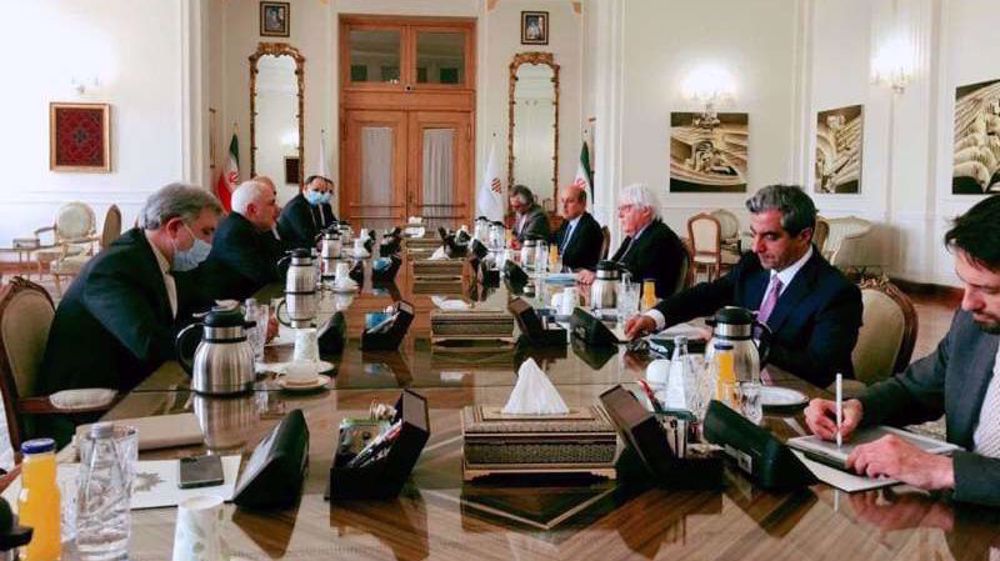

 This makes it easy to access the Press TV website
This makes it easy to access the Press TV website